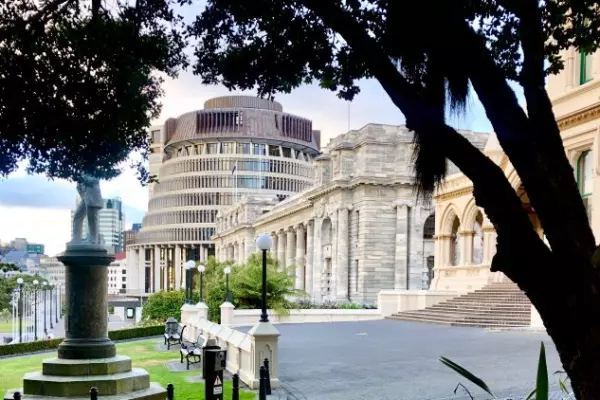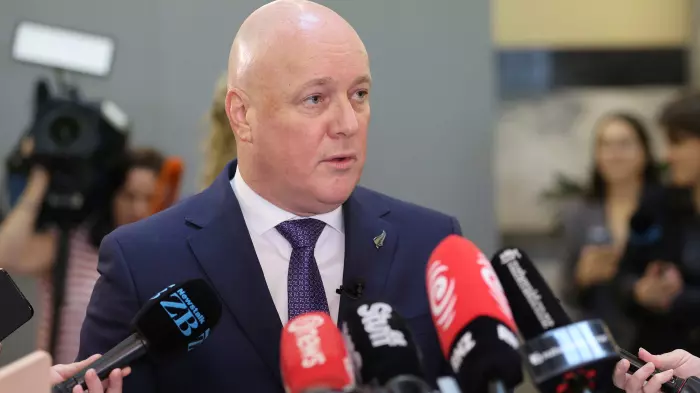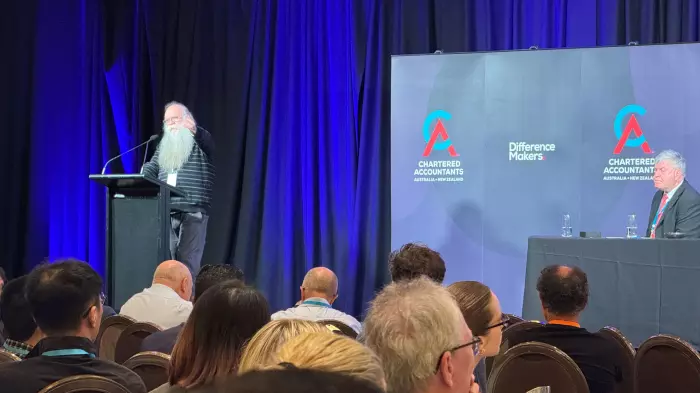If you have been keeping up with this series exploring advocacy, you will already know the five key steps to building a basic advocacy plan as well as the three priority groups all businesses should consider engaging. But that leaves one very specific – and important – pātai (question): with all this knowledge at hand, what kind of government relations support is really best for you?
To best answer this question, it is important first to understand the full range of advocacy avenues available. Given the government relations industry remains unregulated in New Zealand, it’s useful to look to those jurisdictions that do regulate lobbyists in order to better understand the variety of advocacy classes available.
In the United Kingdom, lobbying and advocacy activities are covered by the Transparency of Lobbying, Non-Party Campaigning and Trade Union Administration Act. This legislation was introduced in 2014 and seeks to increase transparency in the work of those paid to engage with lawmakers and senior policy influencers. It defines lobbying activity as communication (oral or written) to government actors, including ministers of the crown, conducted on behalf of others in the course of business, in return for payment. It also captures trade unions, requiring each to maintain a register of the names and addresses of its members, and creates a duty to provide a membership audit certificate.
In the United States, the federal Lobbying Disclosure Act of 1995 establishes a requirement for the registration and then disclosure of certain lobbying activities, including the issues lobbied, individual lobbyists, and lobbying costs. The terms “lobbyist," "lobbying contact", and "lobbying activities" are all defined in the statute. For example, a "lobbyist" is an individual who, for compensation, makes more than one "lobbying contact" and spends 20% or more of their time during a quarter on federal "lobbying activities".
So, what makes a lobbyist in Aotearoa? Without prescriptive legislation, lobbying in New Zealand broadly takes place through these four groups:
- In-house lobbyist.
- External consultant.
- Association or representative body.
- Volunteer.
In-house lobbyist
Cost: medium.
Time commitment: high.
Specialisation scope: narrow.
Also known as a government relations or corporate affairs manager, an in-house lobbyist is an individual employed by a corporation or organisation who, as part of their duties, communicates with public office holders on behalf of their employer in respect of certain matters. In-house lobbyists tend to specialise in the organisation’s industry and will engage with public servants, elected officials and relevant stakeholders to advocate a position. In-house lobbyists usually report to the general counsel or chief executive, and will lead and coordinate public affairs for the organisation, from writing submissions on government reviews to building relationships with relevant stakeholders.
External consultant
Cost: high.
Time commitment: low.
Specialisation scope: broad.
A consultant lobbyist – sometimes referred to as a “hired gun” – is an external person engaged to lobby on behalf of a client. External consultants usually work as an employee of a government relations firm, such as those at Awhi, or as an independent contractor working under the umbrella of an overarching brand. External consultants hold a wide variety of skills and experience and usually work across a variety of kaupapa at any one time. Consultant lobbyists can even extend to lawyers, media advisers, publicists, policy analysts and other professionals who provide lobbying and engagement advice to their clients.
Association or representative body
Cost: low.
Time commitment: medium.
Specialisation scope: narrow.
An association or representative body generally advocates on anything and everything that affects a particular sector or interest as determined by the members it serves. Industry associations and representative bodies allow for a collective voice to be heard by government officials, which can sometimes be difficult to accomplish on an individual basis. There can sometimes be several associations or representative bodies for one sector or interest group, so before you join one, it is important to research their recent advocacy efforts and positions on recent policy decisions before deciding which group best reflects your goals and beliefs.
Volunteer
Cost: low.
Time commitment: high.
Specialisation scope: nil to narrow.
On the face of it, volunteer lobbying may not seem viable or impactful, but that is far from true. Many public campaigns have started with someone who feels passionately about an issue and is determined to have their story told. Often, these stories are extremely personal and appeal to the humanity and emotion behind the everyday impact of a piece of legislation or decision made by the government.
The only downside is that it can take time for your issue to gain momentum without a proper strategy to back it up. On the flipside, with a powerful personal story, all it can take is one viral post on social media or an article in a trusted news outlet and you’re making headlines – but you still need a strong strategy to keep that momentum going to achieve the change you’re after.
Ultimately, lobbying is an integral part of the democratic process. It can help governments better navigate competing interests and prioritise topical issues society is facing. While activities may not always be successful, lobbying can be a powerful tool to ensure a wide variety of views are considered by the government, not just those with disproportionate power and influence.
For businesses considering government relations support, I recommend weighing up these three things as you rate your options:
- The urgency of the issue you are looking to lobby on.
- The comprehension of your senior leaders about lobbying.
- The budget available to spend.
Being frank about these three things will help you decide if you need a light-touch approach, some high-level advice, or more specific, issue-driven advisers.
As I am squarely in the “external consultant” category, you could be forgiven for thinking I believe an “external consultant” is the best option. However, they all have their trade-offs. Cognisance of these three things – and, equally important, clarity on what you want to achieve – will guide you to the best path forward for your government relations journey.
Holly Bennett (Te Arawa, Ngāti Whakaue, Ngāti Pikiao) is the founder and principal consultant of Auckland-based government relations firm Awhi and the founder of New Zealand’s leading government relations education organisation, Engage. PolitiPal is their free monthly political pānui.












